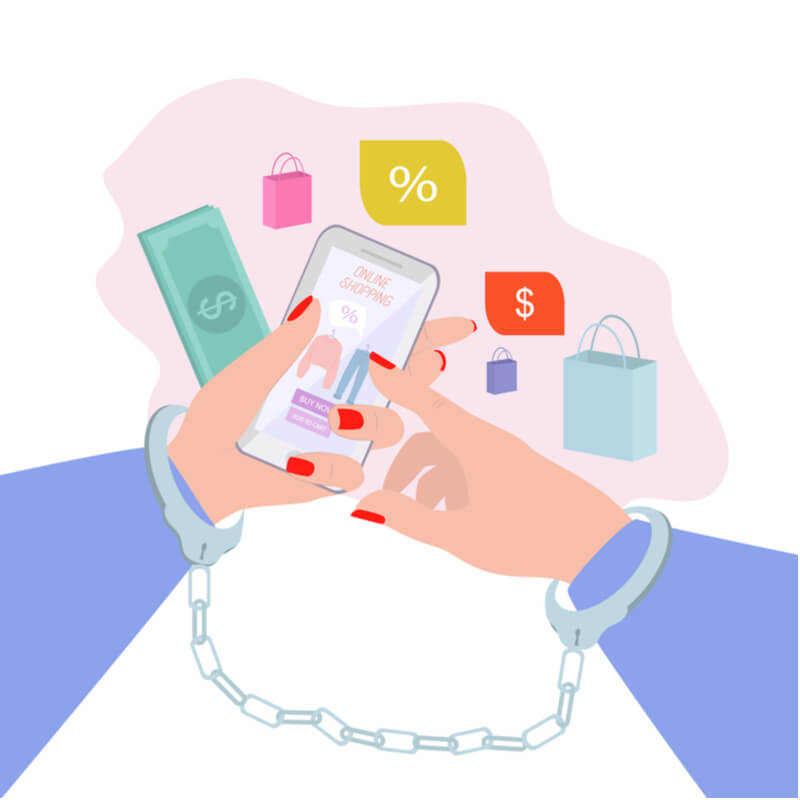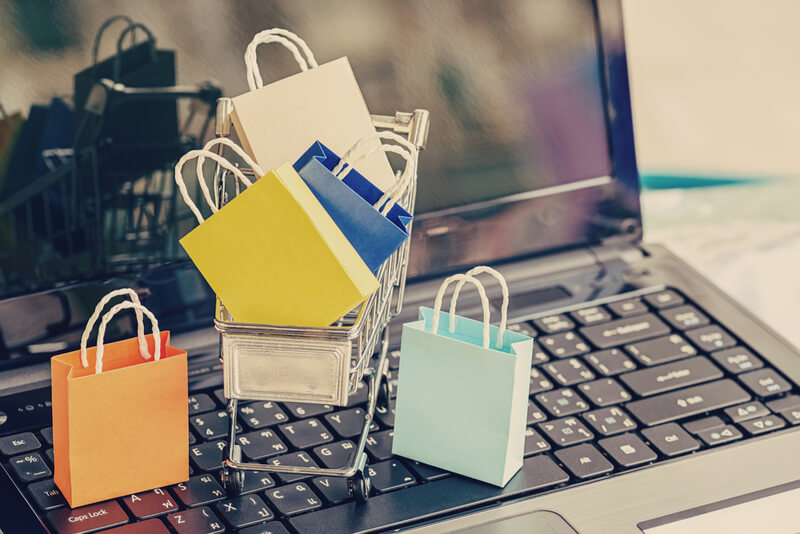We are all guilty of overspending at times when we know we should be tightening our belt buckles. Sometimes that pair of shoes in the window calls our name. Then, before we know it we are pulling out the credit card and ringing up further debt. It’s important to know how to change spending habits to avoid bad credit. Here are 8 top tips to help you get yourself out of debt and back on your feet.
Change your spending habits to avoid bad credit:
1. Spending Above Your Means
While this one might seem obvious to some, for others it is a way of life that is hard to overcome. If you are spending above your means, it implies you are spending more than you actually earn. So what exactly does this mean? It means your credit card bill is never paid off in time, which means you are paying interest on top. Not only are you spending more than you are earning, but you are incurring interest in addition to this, which is costing you even more in the long run. This is one of 8 spending habits to avoid if you want to see yourself getting out on top of the debt.
2. Spending Money You Don’t Have
Similar to the point above, if you start spending money before you earn it, it can likewise lead you on the path of debt. Whether you are taking out a loan to access money early, such as a payday loan to tide you over until the next pay cycle. Or are spending even bigger on renovations with the view to pay them off in the future, this can be detrimental to your financial situation. Instead, you should be relying on your income and saving from week to week to make these big-ticket purchases out of your savings. It is much safer and won’t incur unnecessary interest.

3. Using Card Not Cash
There is something about being able to tap a machine and spend away without thinking twice. When we use cash, we are much more mindful of our purchases. We count out every dollar, and if it is beyond what we have in our wallet, we second-guess the purchase. When we pay via card all the time, we do much more mindless buying without thinking about the true price of an object. This can ring up quite the bill.
4. Paying Off Debt With Debt
When you choose to use a credit card to pay off another debt, you aren’t actually getting yourself out of debt. Instead, you are creating a whole new loan and incurring transaction fees that come with it. This means you are actually ending up worse off than when you began, which is never a good option.

5. Spending Without A Budget
You can consider spending without a budget a bit like spending blindly. When you have no idea how much money you need to set aside for essential bills, then you have no idea how much you have leftover for social/extra spending. Without a budget in place, you are more than likely to spend above your means and find yourself in debt. Setting a budget is a great tool to help change spending habits to avoid bad credit.
6. Grocery Shopping While Hungry
Surely this is one you have heard from your mother? Never grocery shop on a hungry stomach (or without a budget, read point 5). If you are hungry, you end up throwing in plenty of unnecessary purchases in an attempt to curb how your stomach is feeling. On the flip side, if you are full, you are more likely to only buy the necessities, as the rest of the food won’t be nearly as appealing.
7. Paying For Convenience
Let’s be honest, most nights we would rather pick up that takeaway on the way home from work rather than cook ourselves. Or spend those extra dollars on a cleaner so we don’t have to scrub floors on our days off. But paying for these conveniences comes at a price that really does add up over time. Next time, consider going home and cooking that meal. It’s not only healthier in general, but it will help your pockets too.
8. Making Impulse Purchases
It’s all too easy to be out at the shops and impulse buy something you see in the shop window. We often justify the purchase as a ‘one-off’ that didn’t cost that much. But when we find ourselves doing this over and over, it does add up. Instead, stick to cash as mentioned above, so that you know exactly how much you have to spend and aren’t able to make those impulse purchases.

If you do find yourself in a place of debt, it’s important to remember that there are ways to get out of it again. By learning to change spending habits to avoid bad credit, you’ll be in a good financial position.
Speak to the team at Bad Credit Loans and we will be able to put you on the track to financial stability again.





